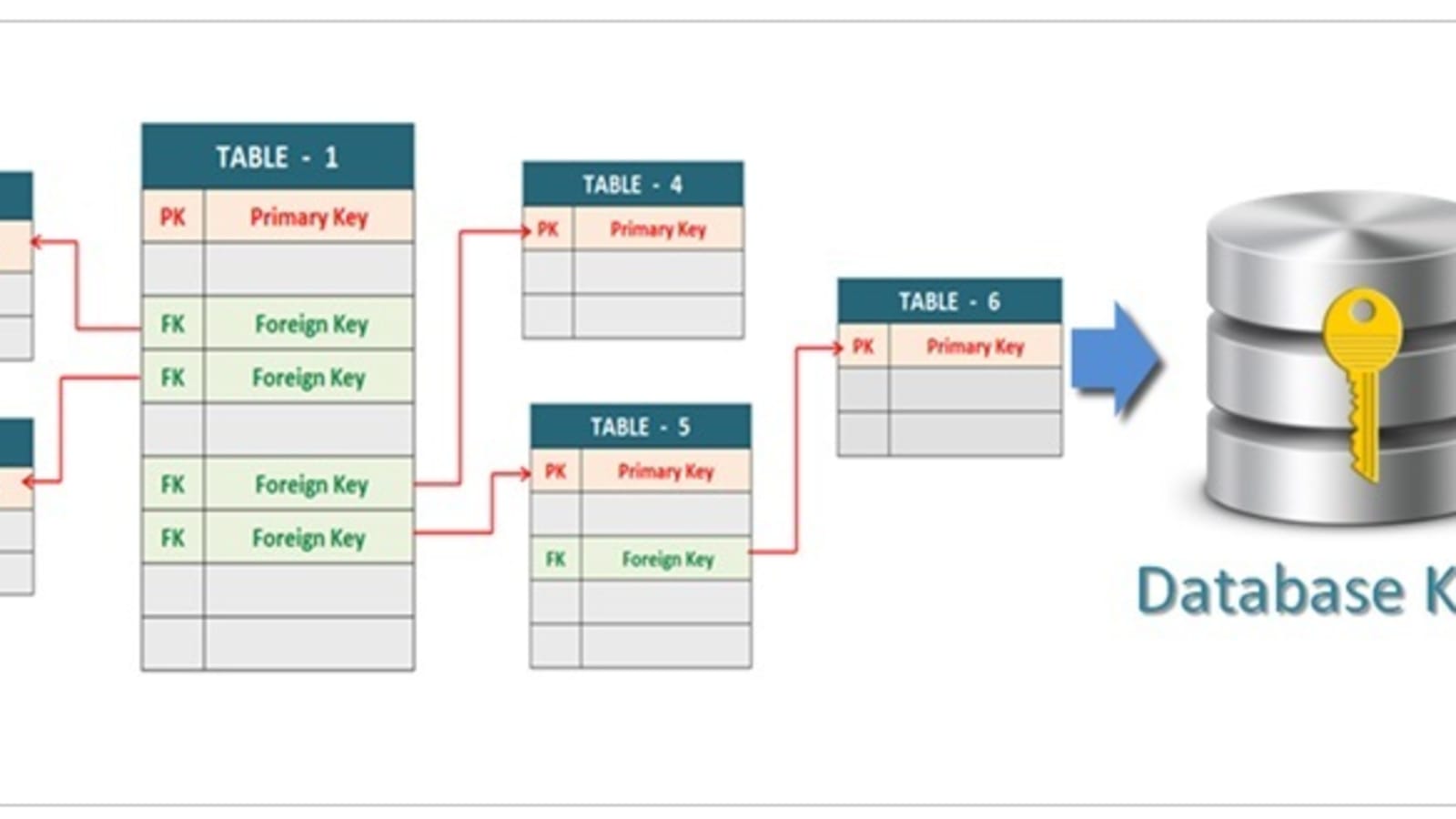Primary Key:
A primary key is a type of unique identifier which is typically used to identify a single record or row in a database table. Primary keys are an important part of database design and they have a wide variety of applications.
In relational database management systems, a primary key is a field, or combination of fields, uniquely identifying a given record. It is the data by which a table is uniquely identified and arranged. It is the most important field or set of fields in a database. It is a reference for table rows to ensure their uniqueness.
Primary keys are intended to ensure a given row of data can be identified and distinguished from every other row and should remain constant over time. This allows for a reliable single-reference to any particular information item without ambiguity. Examples of primary keys could be Social Security Numbers, Vehicle Identification Numbers, Student Numbers, and User IDs.
Primary keys are also important for database integrity. They prevent duplicate entries from being added to the database and enforce referential integrity, which ensures data is consistent across multiple database tables.
Primary keys are also used to create relationships between tables. This allows data from different tables to be combined and queried.
In summary, a primary key is an important element of database design. It helps ensure uniqueness, promotes data integrity, and allows for efficient data retrieval. Without a primary key, it is impossible to be certain that data is accurate and reliable.





